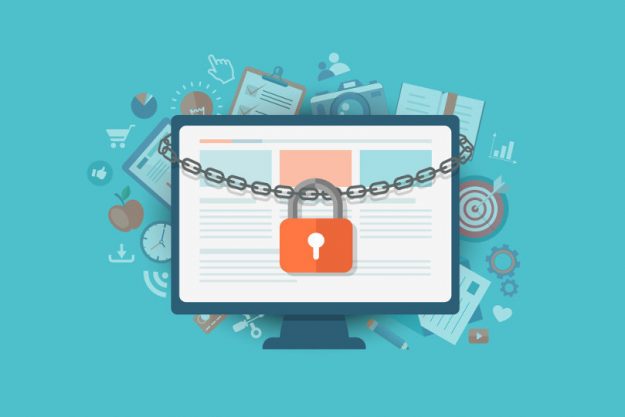Snom switchboards
History Founded in 1997 and headquartered in Berlin, Germany, Snom is a German multinational company that produces the world’s first and leading brand of professional and business VoIP phones. Snom is a premium European brand renowned for pioneering VoIP and mass production of VoIP. It produces robust, high-quality, feature-rich business phones designedexclusively for trained and…







